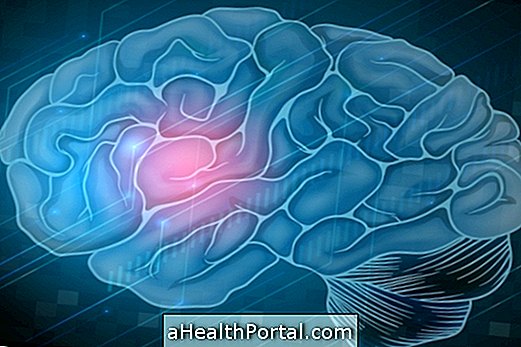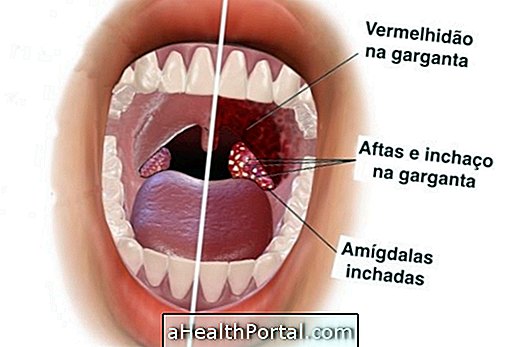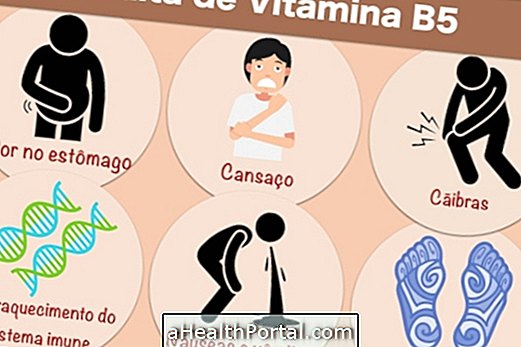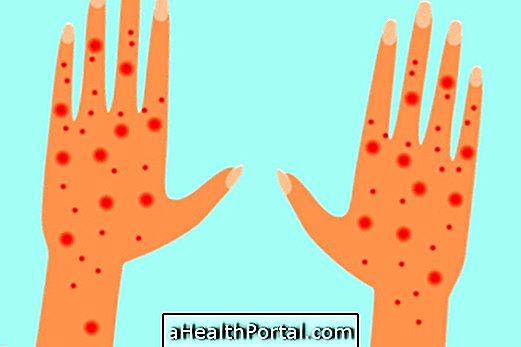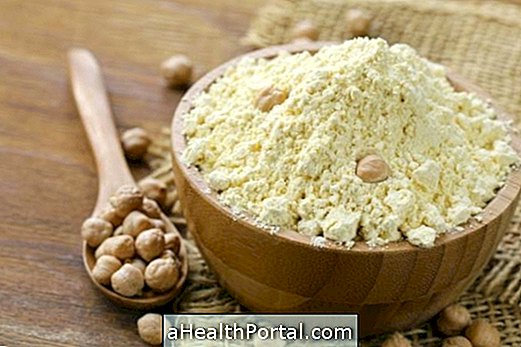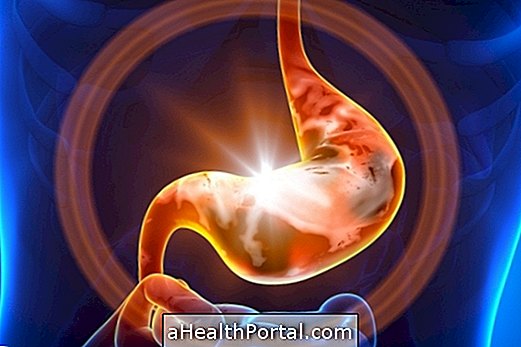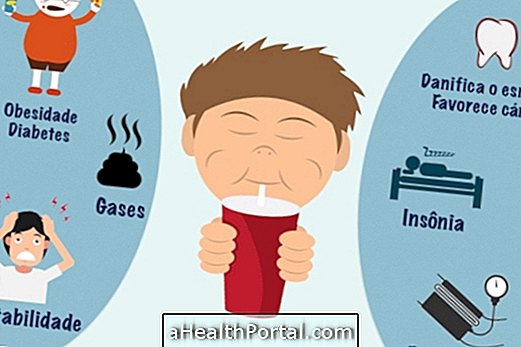To quickly stop the hiccup, which happens through a quick and involuntary contraction of the diaphragm, it is possible to follow some tips, which stimulate the nerves and muscles of the chest, such as drinking cold water, holding your breath for a few seconds, or even taking a scare.
In addition, for the hiccup to be stopped effectively and definitively, it is important to eliminate its cause, which may be the dilation of the stomach by eating too much or too fast, ingesting alcoholic beverages or having reflux, for example. To understand better, check out what causes the hiccup.

So, some tips for the hiccup stop quickly, or, even, immediately, are:
- Drink a glass of ice water, or suck ice, as it stimulates the nerves of the thorax;
- Hold your breath as much as you can or breathe inside a paper bag as it increases the levels of CO2 in the blood, and stimulates the nervous system;
- Breathe deeply and slowly, to stretch the diaphragm and muscles of the breath;
- Take a fright or laugh a lot, because it releases adrenaline that interferes with brain functioning and stimulates the muscular nerves;
- Drink a little water with the trunk tilted forward or upside down, as this relaxes the diaphragm;
- Cover the nose and force force to release the air, contracting the thorax, called the maneuver of Valsalva, which is another way to stimulate the nerves of the thorax;
- Eat a spoon of sugar, honey, lemon, ginger or vinegar, as they are substances that stimulate the taste buds, overload the nerves of the mouth and occupy the brain with other stimuli, relaxing the diaphragm.
In the newborn baby, or even inside the mother's womb, the hiccup can be caused because the diaphragm and respiratory muscles are still developing, and reflux after initiation of breastfeeding is very common. In such cases, it is recommended to breastfeed the child or, if he is already on a full stomach, to stand up for belching. Learn more about these and other tips on how to stop hiccupping in babies.
How To Stop Persistent Hiccups
The persistent or chronic solution is one that lasts more than 2 days, and in these cases it is recommended to consult the general practitioner to investigate the possible causes, which may be infections, inflammations or gastrointestinal diseases, for example, and treat them correctly.
In addition, if necessary, your doctor may prescribe a medicine to treat the hiccup more intensely, such as Chlorpromazine, Haloperidol, Metoclopramide and, in more severe cases, Phenytoin, Gabapentin or Baclofen, for example. To learn more about the medications used in the hiccup, check out how the hiccup treatment is done.


